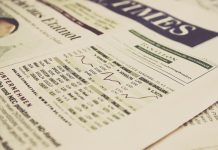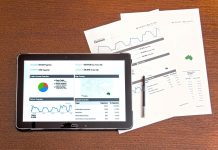
US consumer spending rose by 0.2% in January, a 0.4% decline from December yet smallest gain since October, according to the Commerce Department.
On the other hand, income saw a 0.6% increase, considered as the biggest gain in nearly a year. This is attributed to paychecks and an increase in Social Security benefits based on a cost of living adjustment.
The increase in income and spending brought the savings rate at a nine-month high of 7.9%, an increase from 7.5% in December.
Experts predict that the U.S. economy could experience expansion at a roughly 1.5% annual pace in the first quarter, a 2.1% decrease from the fourth quarter.
What economists say
In January 2020, Americans spent purchased new cars and trucks. They also spent more on takeout or dining out. They booked hotels but spent less on gasoline.
However, experts predict that US consumer spending may slow even further if the coronavirus outbreak continues to impact on consumer confidence and how businesses operate.
“US consumers appear to have started 2020 on a cautious note,” said economist Katherine Judge of CIBC Economics.
“Is anyone really surprised about the inflation news? Lower-than-expected has been the norm for enough months to make it, well, expected,” said chief economist Chris Low of FHN FInancial.
“The tightening of financial conditions I think is really the key game changer in this outbreak,” said Gregory Daco, chief U.S. economist for Oxford Economics.
Baby boomers, who are mostly responsible for the rise in consumer spending, easily cut back on non-essential expenses when their market volatility because they worry about retirement, according to Mark Zandi, chief economist at Moody’s Analytics.
"In contrast, they aren’t as eager to boost spending when the stock market is rising because the bulk of their investments are held in their nest eggs," he said.
“The American consumer really is the firewall between an expanding economy and a recession,” Zandi added.






